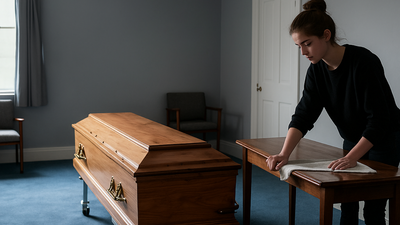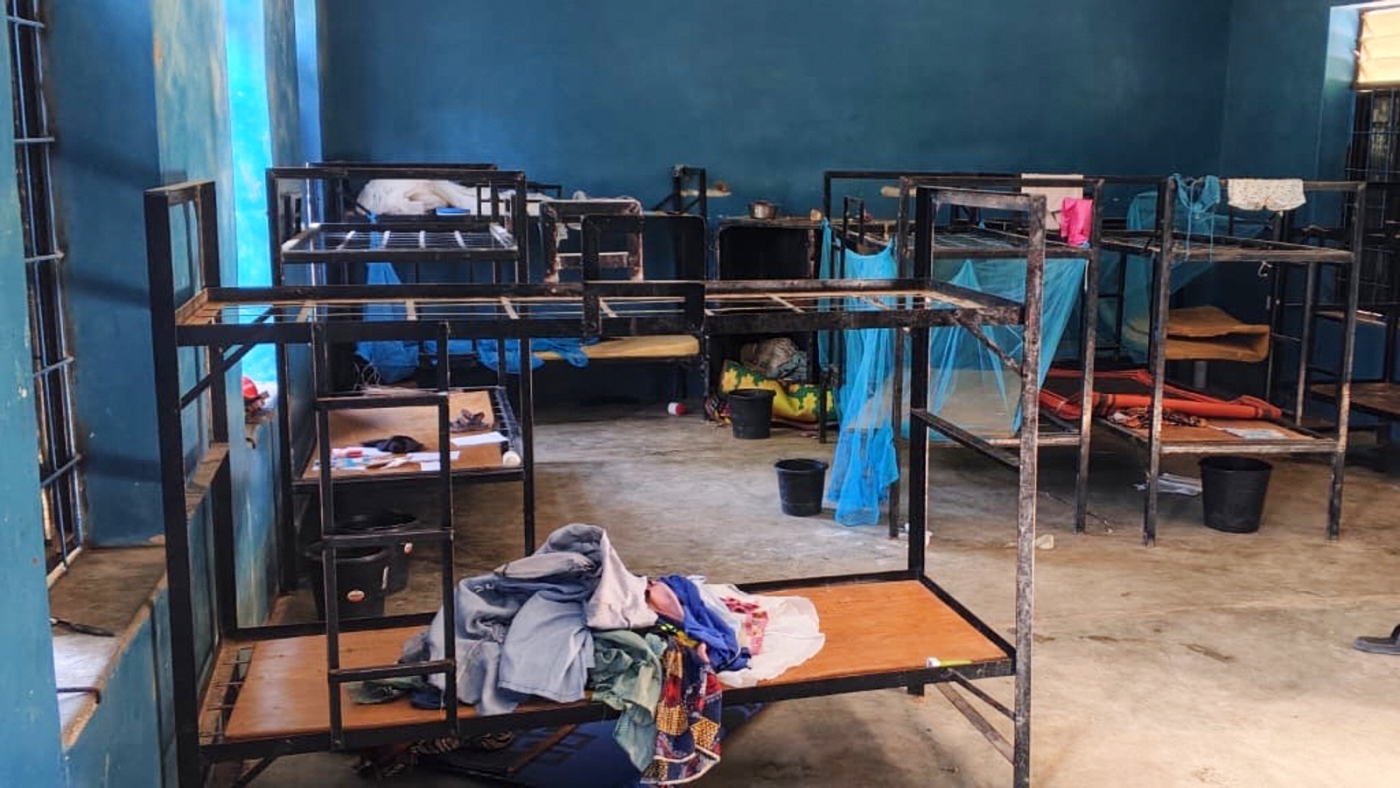
South Korea's demographic shift, marked by one of the world's lowest birth rates and nearly half its population over 50, has created increased opportunities in the death care industry.
The South Korean port city of Busan houses a university classroom where coffins are arranged in rows, serving as training tools for future funeral directors in this rapidly ageing nation. At the Busan Institute of Science and Technology, students practise funeral rituals, including carefully wrapping mannequins in traditional Korean funeral cloth before placing them in coffins. "With our society ageing, I thought the demand for this kind of work would only grow," said Jang Jin-yeong, 27, a funeral administration student," as quoted by AFP.Im Sae-jin, 23, entered the field following his grandmother's passing. "At her funeral, I saw how beautifully the directors had prepared her for the final farewell," he said. "I felt deeply grateful."Building a career around 'death'South Korea's rising number of single-person households, now at 42 percent, has spawned a new profession- specialists who clean homes after solitary occupants pass away.Cho Eun-seok, 47, a former classical musician, now specialises in cleaning such premises.
He finds homes containing unopened gifts and numerous soju bottles neatly arranged. "Like their portraits," he told AFP.South Korea leads developed nations in suicide rates, with many 'lonely deaths' occurring in isolation. Cho now receives requests to clean vehicles where individuals have ended their lives. He's developing technology to detect unattended deaths, which can lead to pest issues and require complete household clearances.Kim Seok-jung, another specialist, once discovered unpublished songs while clearing a deceased lyricist's home, which he arranged for the family. Cho recalls helping a troubled teenager living alone, who maintained a mysterious box containing her pet hamster. She later took her life, leaving behind her guitar and unfulfilled musical aspirations.Kim Doo-nyeon, an experienced funeral director, notes increasing numbers of young professionals entering the field. "When people live together, they share things... even if one person dies, those items remain," he said. "But when someone dies alone, everything must be cleared away."Im acknowledges his apprehension about the profession: "I am scared. No matter how much you prepare, facing a deceased person is frightening."

 1 month ago
14
1 month ago
14










 English (US) ·
English (US) ·